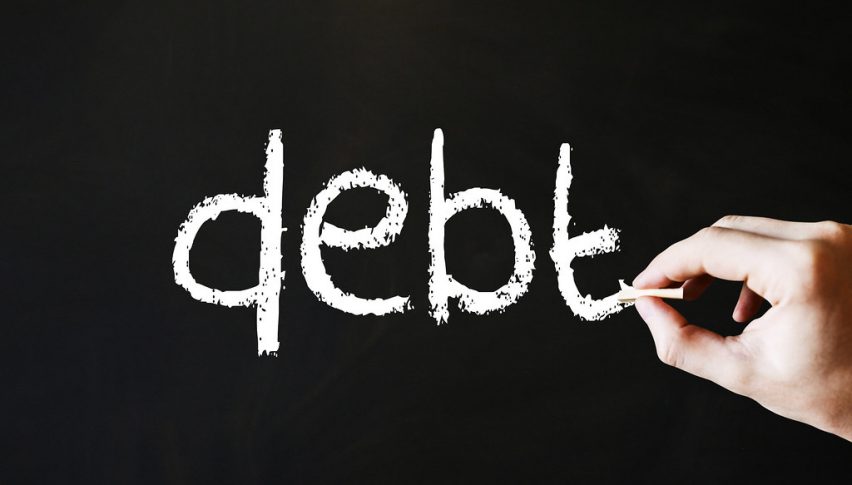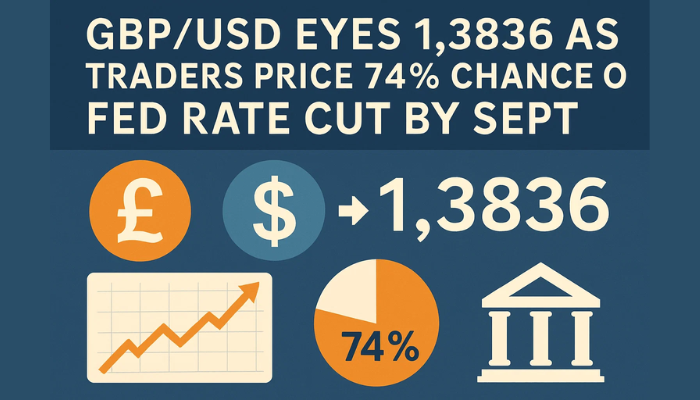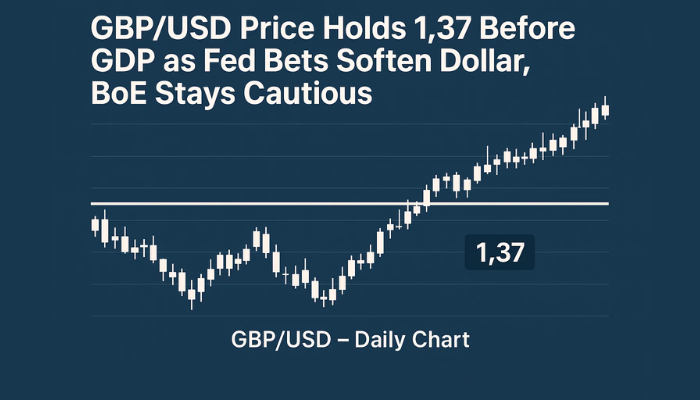UK’s Public Debt Soars to Record High Even as Lockdowns Start Easing
Amid the ongoing coronavirus crisis, UK's public debt has soared to over £19 billion during the month of February, even as the nation

Amid the ongoing coronavirus crisis, UK’s public debt has soared to over £19 billion during the month of February, even as the nation continues to remain in some form of lockdown to combat the spread of the pandemic. According to data released by the Office for National Statistics (ONS), this was the highest level of borrowing undertaken by the UK’s public sector since at least 1993.
Since last April when the first round of lockdowns were implemented, public debt has risen by £333 to touch a total of £2.131 trillion. The impact of the pandemic on economic activity and the need for more stimulus measures to support businesses and citizens have taken a huge toll on the government’s exchequer.
So far, the UK government has backed over £70 billion with the launch of three loan schemes while its furlough scheme made it responsible for paying 80% of salaries to around 10 million workers who were temporarily laid off by businesses. With a reduction in tax receipts during the lockdown period, the government’s income also reduced considerably even as its spending soared to offset the economic damage caused by the pandemic.
To combat the soaring public debt, UK’s finance minister Rishi Sunak is likely to explore ways to recover the extra expenses, possibly through an increase in taxes. Sunak observes that it was fiscally responsible to unleash financial aid during the crisis but added, “Coronavirus has caused one of the largest economic shocks this country has ever faced, which is why we responded with our £352bn package of support to protect lives and livelihoods. But I have always said that we should look to return the public finances to a more sustainable path once the economy has recovered and at the Budget I set out how we will begin to do just that, providing families and businesses with certainty.”
- Check out our free forex signals
- Follow the top economic events on FX Leaders economic calendar
- Trade better, discover more Forex Trading Strategies
- Open a FREE Trading Account


